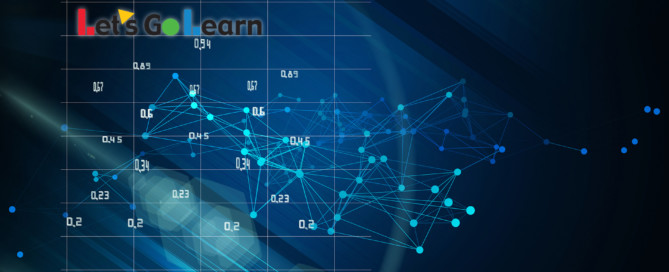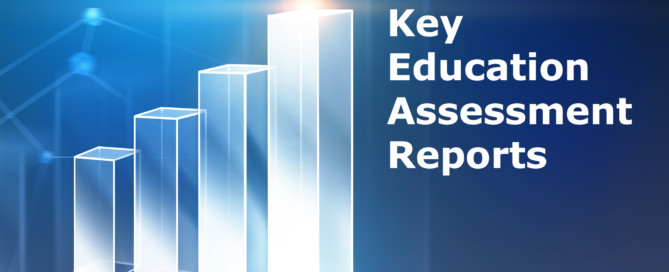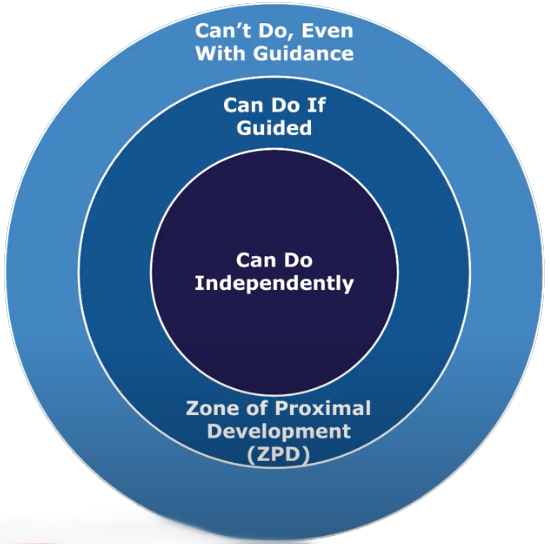Ever Wondered About the Decisions Behind Education Policies?
Ever Wondered About the Decisions Behind Education Policies? Education policies shape the learning experiences of millions of students across the country. But how are these policies decided? What drives the changes and reforms that impact classrooms, teachers, and students every day? Let’s Go Learn is here to unravel the complex web of influences










